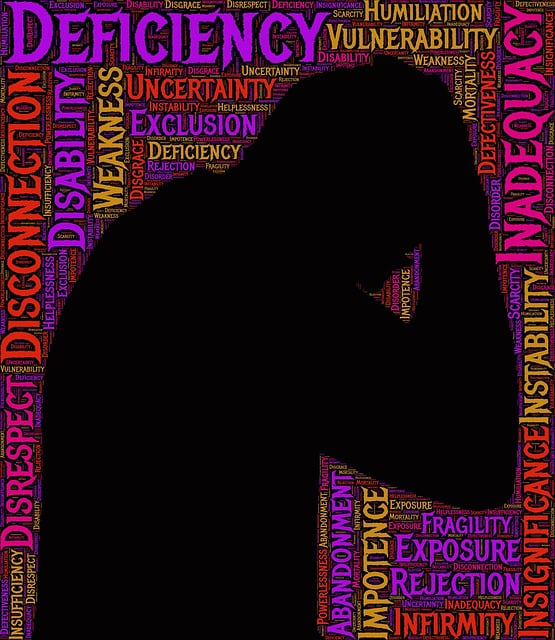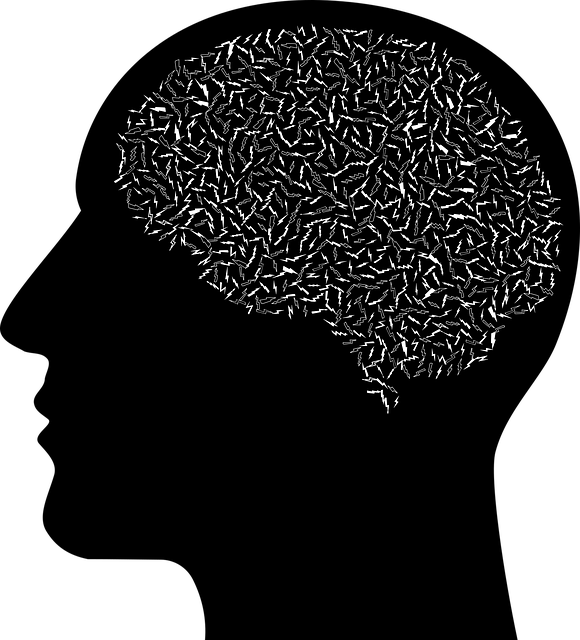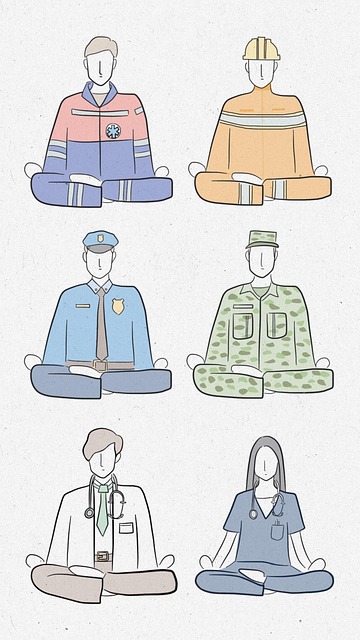Aurora Independent Medical Evaluations (AIMEs) Therapy offers a comprehensive, personalized approach to mental health support, focusing on crisis intervention and long-term resilience. Through unbiased risk assessments, integrated self-care routines, and culturally sensitive practices, they empower individuals to manage acute distress and develop effective coping strategies. By combining AIMEs with therapy sessions and collaborative care models, Aurora promotes holistic well-being, reducing crisis instances and fostering mental stability. Case studies highlight the real-world impact of these strategies, contributing to improved public awareness and understanding of personalized mental health care.
In times of crisis, effective intervention can make a profound difference in individuals’ lives. This article provides an in-depth look at crisis intervention strategies and guidance, offering essential insights for mental health professionals. We explore key concepts, such as understanding crisis intervention and the critical role of Aurora Independent Medical Evaluations in therapy. By examining various techniques and real-world case studies, we highlight how implementing Aurora therapy models can lead to improved outcomes during challenging situations.
- Understanding Crisis Intervention: A Basic Overview
- The Role of Aurora Independent Medical Evaluations in Therapy
- Strategies for Effective Crisis Intervention
- Implementing Aurora Therapy Models for Better Outcomes
- Case Studies: Real-World Applications of Crisis Intervention Techniques
Understanding Crisis Intervention: A Basic Overview

Crisis intervention strategies are vital tools designed to provide immediate and effective support during times of acute distress or crisis. This process involves a structured approach to assess, manage, and de-escalate situations that can range from personal crises like severe stress or emotional trauma to more serious mental health emergencies. The primary goal is to ensure the safety and well-being of individuals while offering short-term relief and stabilisation.
In today’s world, where mental health challenges are prevalent, Aurora Independent Medical Evaluations Therapy offers a comprehensive framework for crisis intervention. This includes thorough risk assessments, which are crucial for identifying potential hazards and developing appropriate interventions. By integrating self-care routine development for better mental health, professionals can empower individuals to manage their moods effectively. Such strategies not only help in the immediate crisis but also equip people with lifelong skills to navigate future challenges, fostering resilience and promoting overall well-being.
The Role of Aurora Independent Medical Evaluations in Therapy

Aurora Independent Medical Evaluations (AIMEs) play a pivotal role in therapy by providing comprehensive assessments that go beyond standard diagnostic tools. These evaluations offer a nuanced understanding of an individual’s physical and mental health, particularly in cases involving complex trauma or cultural considerations. By integrating AIMEs into treatment plans, therapists gain valuable insights into their clients’ overall well-being. This includes identifying any co-occurring disorders, assessing the impact of past traumas, and evaluating cultural influences that might affect mental healthcare outcomes.
In the context of trauma support services, AIMEs can facilitate personalized coping skill development. They help identify resilience factors and areas requiring additional intervention, ensuring a more targeted approach to therapy. Moreover, cultural sensitivity in mental healthcare practice is enhanced through AIMEs, as they consider an individual’s background, beliefs, and experiences, fostering a more inclusive and effective therapeutic environment.
Strategies for Effective Crisis Intervention

In times of crisis, immediate and effective intervention can make a significant difference in an individual’s well-being. One crucial strategy involves Aurora Independent Medical Evaluations, which provide unbiased assessments to understand the root causes of distress. This process is vital for developing tailored interventions that address specific needs. Additionally, integrating therapy sessions into crisis management plans allows individuals to work through trauma and develop coping mechanisms.
Beyond immediate intervention, fostering self-care routine development for better mental health can be transformative. Encouraging practices such as emotional healing processes through journaling, mindfulness exercises, or creative outlets helps individuals process their experiences and cultivate mental wellness. Implementing these strategies not only aids in crisis resolution but also promotes long-term resilience and emotional stability.
Implementing Aurora Therapy Models for Better Outcomes

Implementing Aurora Therapy Models offers a promising approach to crisis intervention and can significantly enhance service delivery. These models are designed to provide comprehensive support, focusing on individual needs while considering the broader context. By integrating Aurora Independent Medical Evaluations (IMEs), professionals gain valuable insights into an individual’s mental health status, enabling them to create tailored treatment plans. This personalized approach ensures that each client receives effective care, addressing underlying issues and promoting better outcomes.
The benefits extend beyond IMEs as these models encourage collaboration among healthcare providers, social workers, and community outreach programs. Such integrated care facilitates a holistic view of the individual’s environment and support system. Encouraging self-care routine development as part of the process empowers individuals to take an active role in their mental health journey. This, coupled with effective stress management strategies, can lead to lasting positive changes, reducing crisis instances and fostering resilience.
Case Studies: Real-World Applications of Crisis Intervention Techniques

Case studies provide a powerful tool for understanding the practical application of crisis intervention techniques in real-world scenarios. By examining actual instances where these strategies have been employed, professionals can gain valuable insights into their effectiveness and adapt them to diverse contexts. For instance, a case study might highlight how Aurora Independent Medical Evaluations (AIME) therapy was utilized to support individuals facing acute trauma, showcasing its ability to facilitate emotional regulation and promote healing.
These studies often reveal the intricate interplay between crisis intervention techniques, individual responses, and cultural factors. They demonstrate that while evidence-based practices like AIME form a solid foundation, tailoring interventions to meet the unique needs of each client is essential. Moreover, exploring these cases can contribute to the development of effective public awareness campaigns around mental health, fostering communities that prioritize self-care practices as integral components of crisis prevention and management.
Crisis intervention plays a pivotal role in mental health support, and the integration of Aurora Independent Medical Evaluations (IMEs) within therapy models has proven effective. This article has explored essential strategies for crisis intervention, highlighting the significance of early assessment and tailored treatment plans. By combining IMEs with evidence-based practices, professionals can enhance patient outcomes and foster resilience. The case studies presented demonstrate real-world success stories, emphasizing the value of these interventions in various settings. Embracing Aurora therapy models allows practitioners to navigate crises more effectively, ultimately improving patient well-being.











